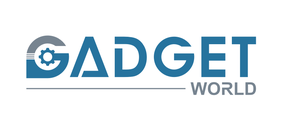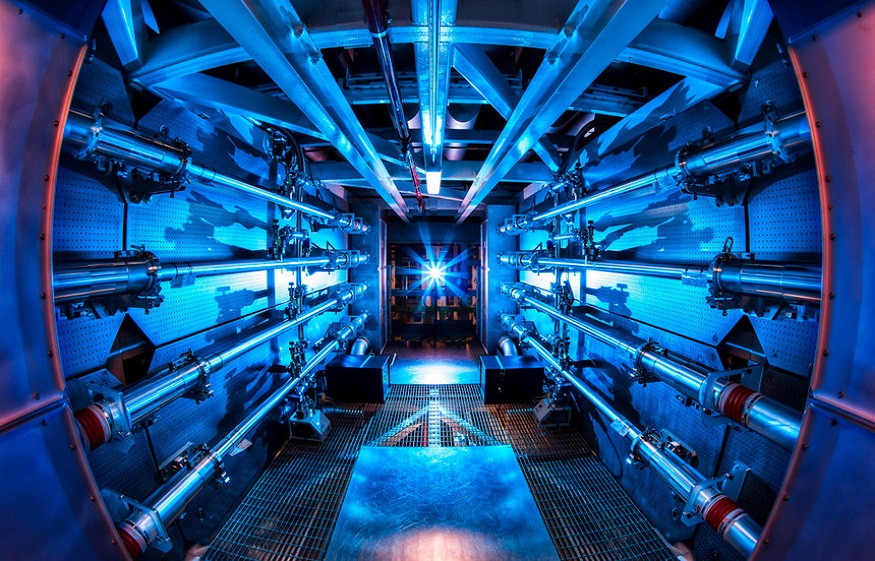Mumbai, often called the city that never sleeps, thrives on movement—its trains, its markets, its ceaseless energy. The city’s technology landscape reflects the same rhythm: bustling, interconnected, and constantly reinventing itself. But technology here isn’t just about gadgets or codes. It’s more like the city’s intricate rail network, where every carriage, signal, and track contributes to an orchestrated flow. Data, in this metaphor, is the passengers; analytics is the timetable ensuring everyone arrives on time. Together, they are redefining how Mumbai works, innovates, and competes on the global stage.
A City Becoming a Digital Conductor
Imagine Mumbai as an orchestra, where each sector—finance, healthcare, logistics, entertainment—plays its instrument. What ties them together is not just leadership but the rhythm of data. From stock exchanges that pulse with millions of trades to hospitals that now harness predictive models for patient care, the city is learning to “read the sheet music” of data. In this transformation, structured education plays a pivotal role, with offerings like a data analyst course preparing professionals to interpret these complex symphonies of information.
Technology is no longer a supporting character in Mumbai’s growth story. It has taken centre stage, turning everyday business decisions into performances fine-tuned by insights, automation, and foresight.
The Skyline of Smart Infrastructure
Mumbai’s skyline is more than steel and glass; it is increasingly a smart ecosystem. Traffic signals adapt dynamically to congestion, utilities use IoT-enabled meters, and housing projects rely on predictive models to manage resources. The same way architects once dreamed of vertical towers to save space, technologists now dream of vertical data stacks that condense, refine, and serve information to decision-makers.
Consider the suburban trains. For decades, they symbolised both efficiency and chaos. Today, data-driven scheduling and crowd management tools are emerging to prevent delays and improve passenger experiences. Similar approaches extend to road traffic and even disaster management. These innovations are not just lofty experiments; they directly impact daily lives, setting a precedent for other Indian cities to follow.
Nurturing the Talent Engine
Behind this technological wave is an equally vibrant community of learners and professionals. The demand for data-savvy minds is skyrocketing, creating a new class of skilled workers who serve as the city’s digital architects. Institutes offering structured pathways, such as a Data Analytics Course in Mumbai, are shaping this workforce by blending technical skill with business acumen.
This is where storytelling matters. A young professional, once confined to repetitive spreadsheet tasks, can now command insights from large datasets, guiding multimillion-dollar decisions. These career shifts illustrate not only individual empowerment but also the collective reshaping of industries. Mumbai, long known for its entrepreneurial spirit, is now coupling hustle with analytical precision.
From Bollywood to Business Parks
Technology in Mumbai does not confine itself to finance or IT parks. Bollywood, the city’s cultural powerhouse, is riding the same wave. Film studios use data-driven marketing to predict box office success, streaming platforms rely on algorithms to tailor viewer recommendations, and VFX companies depend on high-performance computing for immersive experiences. This cross-pollination shows how analytics is no longer a niche tool but a universal language understood across boardrooms and studios alike.
Meanwhile, the city’s business parks are buzzing with start-ups that aim to solve hyper-local problems. Whether it’s optimising delivery networks in crowded lanes or developing fintech tools for small traders, these ventures echo the city’s identity: resilient, inventive, and forward-looking.
Bridging Dreams and Delivery
Yet, technology is not just about ambition—it’s about delivery. Mumbai faces challenges ranging from infrastructure bottlenecks to digital divides. The key lies in ensuring inclusivity: making data-driven solutions accessible not only to large enterprises but also to small shops, local hospitals, and municipal systems. Here, structured learning opportunities like a data analyst course act as bridges, connecting raw enthusiasm with actionable expertise.
With government initiatives, corporate investments, and academic collaborations, Mumbai is weaving a safety net to catch both opportunities and risks. Each successful deployment of technology—whether in reducing fraud, improving healthcare outcomes, or enabling sustainable energy—becomes a step toward making the city not only smarter but fairer.
Conclusion: A City in Motion
Mumbai’s transformation is not a static picture but a film still in motion. The city is scripting its technology story much like its famous filmmakers—through drama, innovation, and relentless energy. Its future rests on the seamless interplay between data, talent, and vision. As more professionals take up structured paths such as a Data Analytics Course in Mumbai, the city strengthens its role as both a learner and a leader in the global digital era.
Just as its trains knit together millions of lives each day, technology is becoming the connective tissue of Mumbai’s future. The story unfolding is not merely about tools or systems but about people—equipped, empowered, and ready to carry the city forward.
Business Name: ExcelR- Data Science, Data Analytics, Business Analyst Course Training Mumbai
Address: Unit no. 302, 03rd Floor, Ashok Premises, Old Nagardas Rd, Nicolas Wadi Rd, Mogra Village, GundavaliGaothan, Andheri E, Mumbai, Maharashtra 400069, Phone: 09108238354, Email: [email protected].




